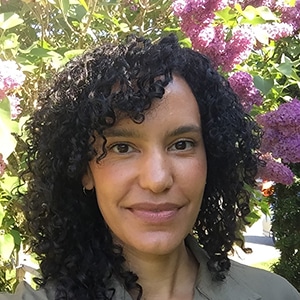5 Ways to Get More Authentic Climate Survey Engagement
Better engagement, better data, better decisions.










Struggling to get timely, authentic stakeholder engagement? In today’s K-12 environment, collecting honest, actionable feedback from students, staff, and families is more important—and more difficult—than ever. Traditional surveys often miss the mark: They rely on rigid formats, yield low participation, and provide surface-level data that doesn’t effectively inform decisions. Plus, survey data analysis can take weeks, even months.
If your district is focused on strengthening school climate, your engagement strategy needs to go beyond the basics. It should be inclusive, transparent, and reflective of your entire community.
Here are five research-backed ways to gather more authentic school climate survey feedback, along with practical tools that can help.
In this Article
Ask open-ended school climate survey questions that invite real insight
Getting to the heart of your community’s feedback can be tough with surveys. Multiple-choice school climate surveys can limit expression. When participants can’t explain their thoughts in their own words, leaders lose meaningful insights. But there are solutions.
Instead of relying solely on multiple-choice survey questions, prioritize open-ended questions that give participants space to share what really matters to them. While these responses can be more complex to analyze, survey and engagement platforms like ThoughtExchange use AI or crowdsourced analysis to make it easier to identify key themes without adding more work for staff.
“Prior to ThoughtExchange, when we would do community surveys, we had someone who would spend almost two months processing, analyzing, and charting the data. We’re saving weeks and weeks of work just because we have this platform.”
Make participation easy and inclusive
As an education leader, you know your community is diverse—from culture and language to technology access and savvy. Not everyone interacts with school climate surveys the same way. To reach more of your school community, remove barriers to participation—especially for those who might otherwise be left out.
Look for tools that:
- Allow responses from any device
- Offer multiple language options
- Support anonymous input to build comfort and trust
Creating a welcoming, accessible experience helps ensure feedback reflects a broader range of voices.
“ThoughtExchange has been invaluable for me in gathering real-time input from the diverse voices in our community. It’s helped us remove barriers to participation and surface key themes that we may otherwise miss.”
Close the feedback loop
How are you building trust with your community? Following up on the feedback they provide in their school climate survey engagements is key. People are more likely to participate if they believe their input leads to real action. One of the biggest trust-breakers is collecting feedback without any visible follow-up.
Build stronger engagement by:
- Sharing top-level results
- Explaining how the feedback is being used
- Communicating next steps
Make it a conversation, not a checkbox
Surveys are often one-sided. But genuine student and staff engagement happens when people feel heard—and also hear each other. Fostering a conversation between your participants contributes to more authentic engagement.
Look for a survey and engagement platform that allows participants to interact with one another’s ideas, creating a sense of shared dialogue. This uncovers common ground and builds trust across stakeholder groups.
“ThoughtExchange is night and day from our previous survey provider that took months to return our results, and by then the data was no longer useful. ThoughtExchange allows our administrators to focus on actions sooner—rather than having to dig through the data, it’s readily available to them."
Streamline your stakeholder engagement tools
Still relying on traditional survey tools for your stakeholder engagements? When districts juggle multiple tools—like Google Forms, spreadsheets, or manual coding—it’s easy to lose time and insights.
Consider consolidating your engagement efforts into a single platform.
A robust engagement and survey platform will give you high-quality data to make informed, effective decisions. Look for one that provides a holistic view of your climate data. While it should help you understand your participants' concerns, it should also tell you why they're concerned.
You want:
- Qualitative and quantitative data collection
- Instant AI-powered analysis
- Easy reporting to share with stakeholders
Relying on one platform for all your climate survey needs will save your district time and money, so you can put it back where it matters most–the classroom.
Turn better engagement into better outcomes
"I would absolutely recommend ThoughtExchange for school climate surveys and other surveys and methods of garnering feedback from different educational partners in your community."






